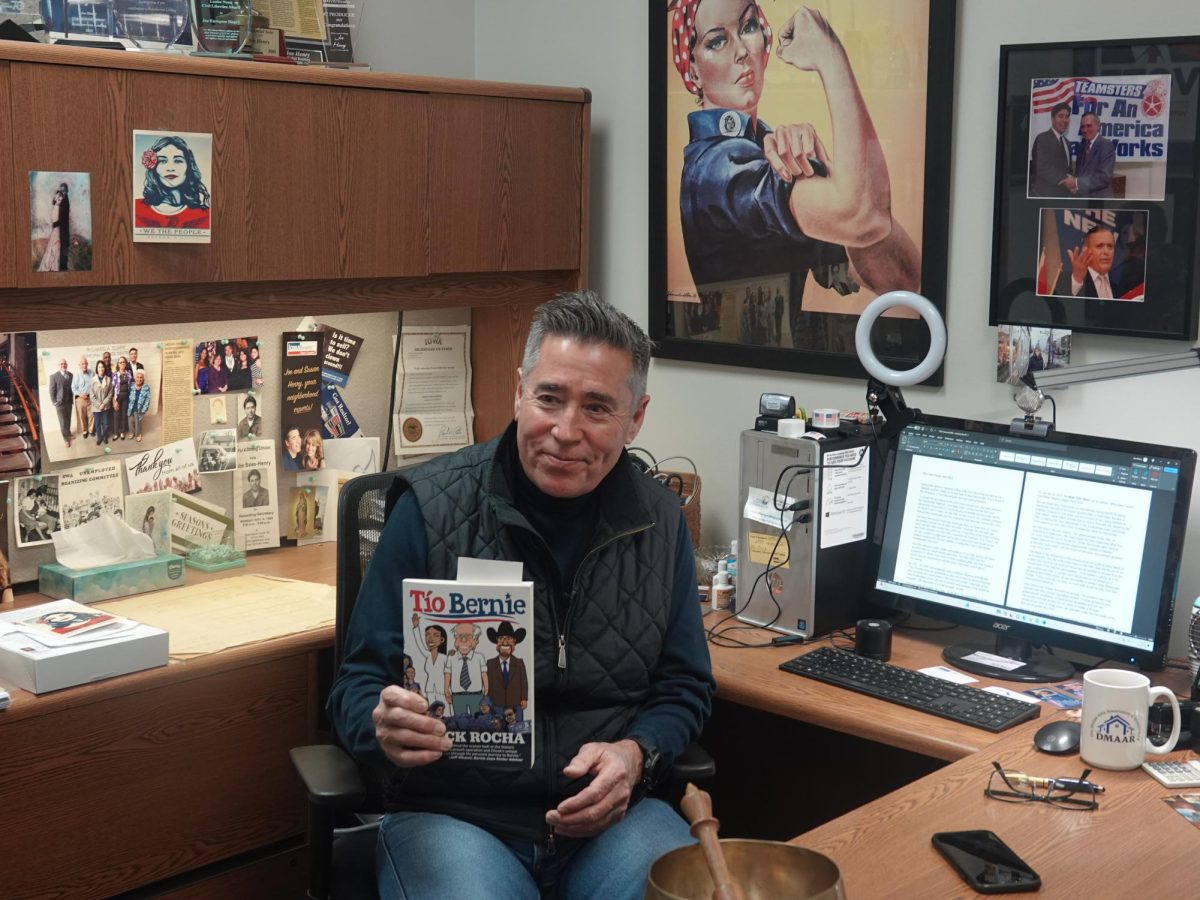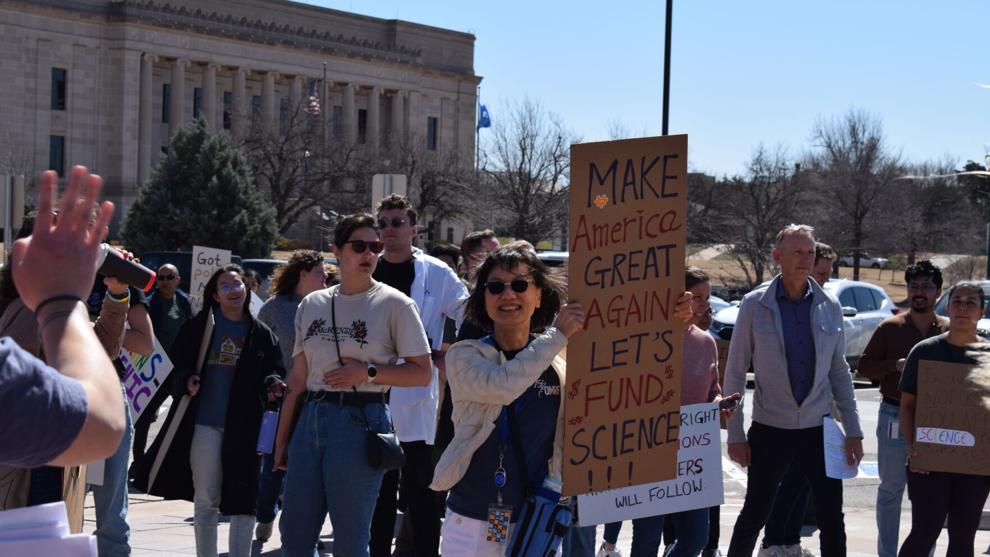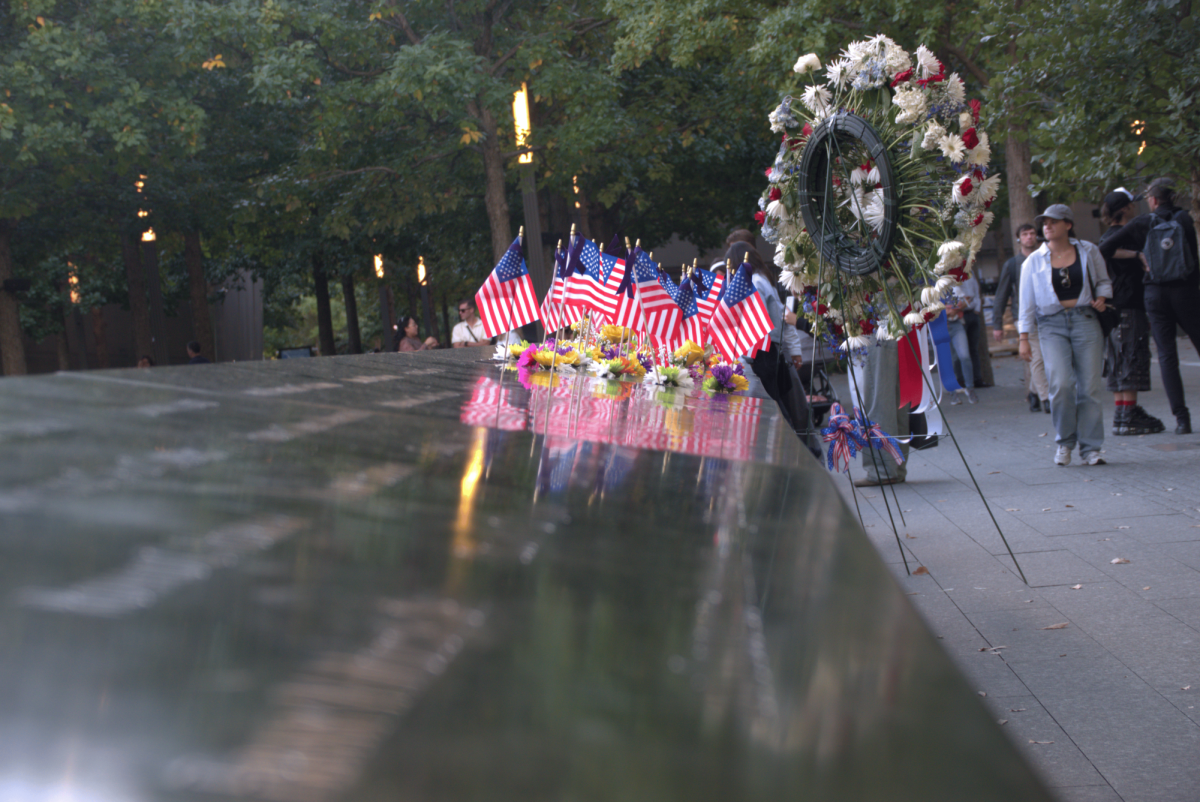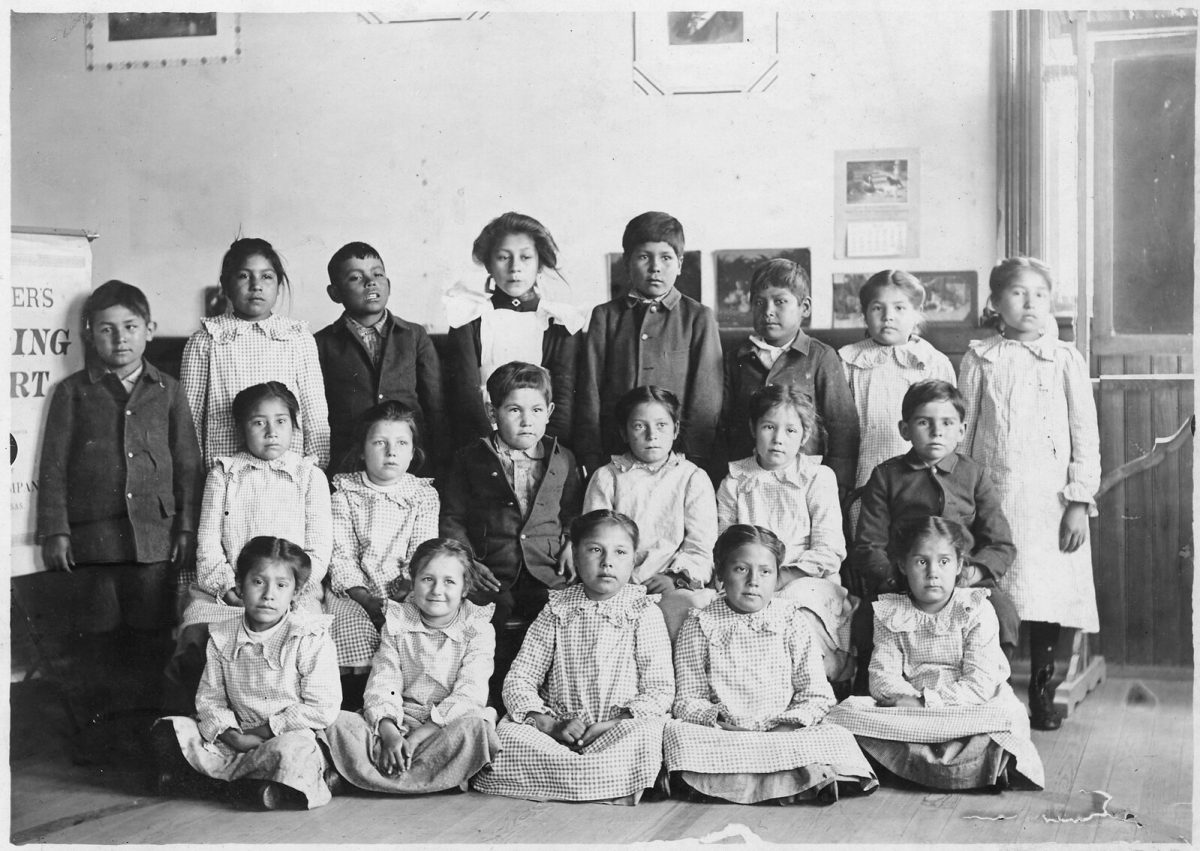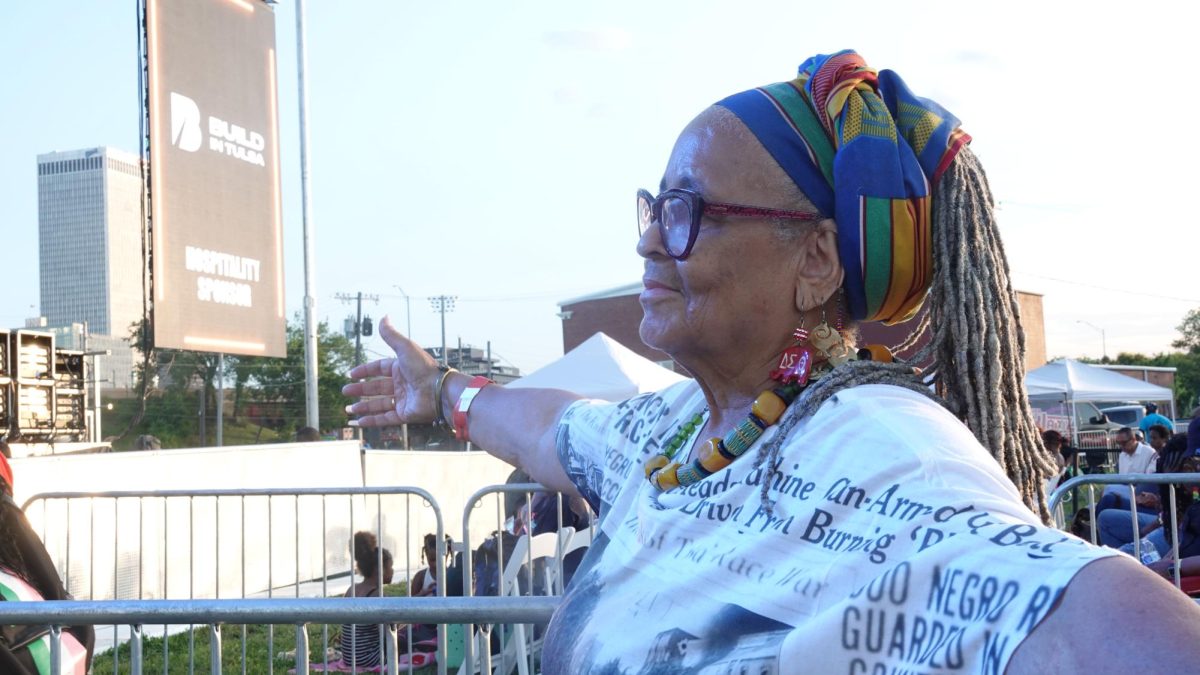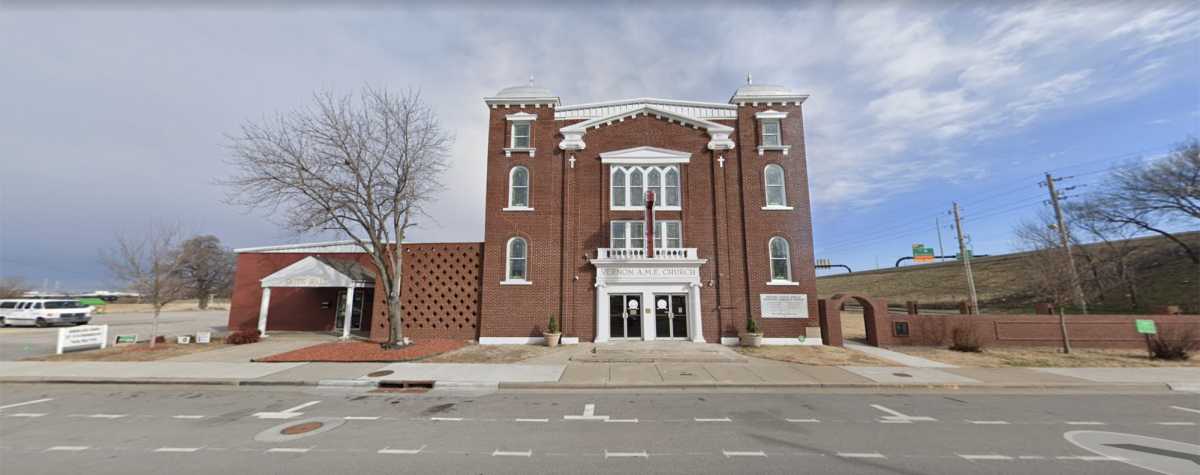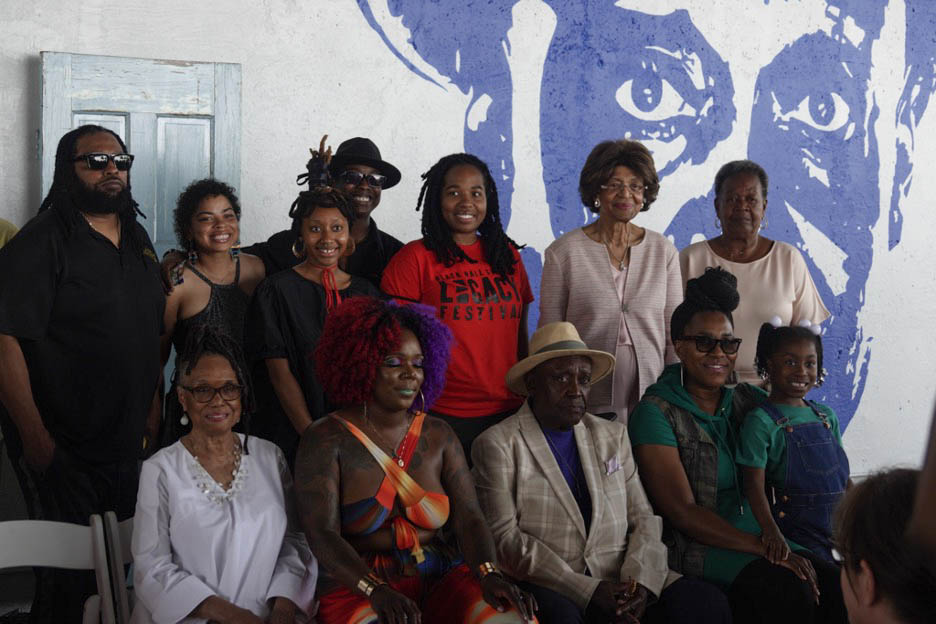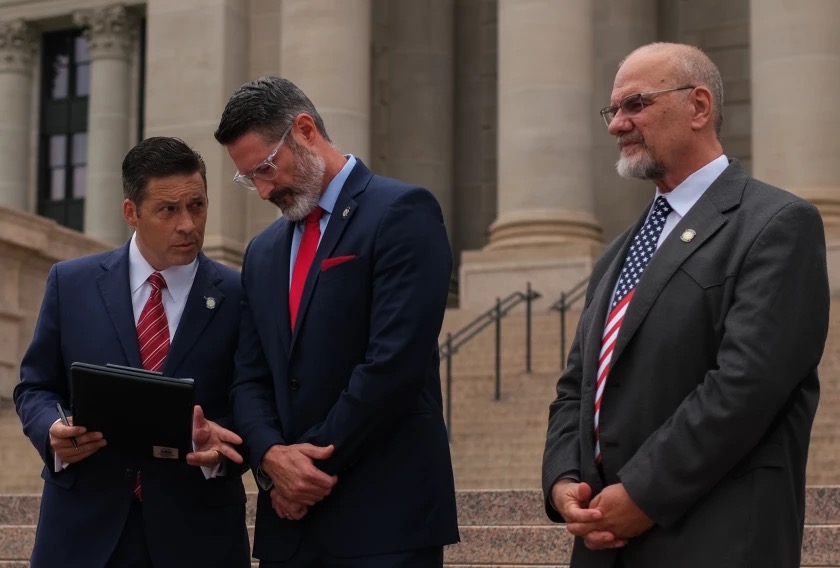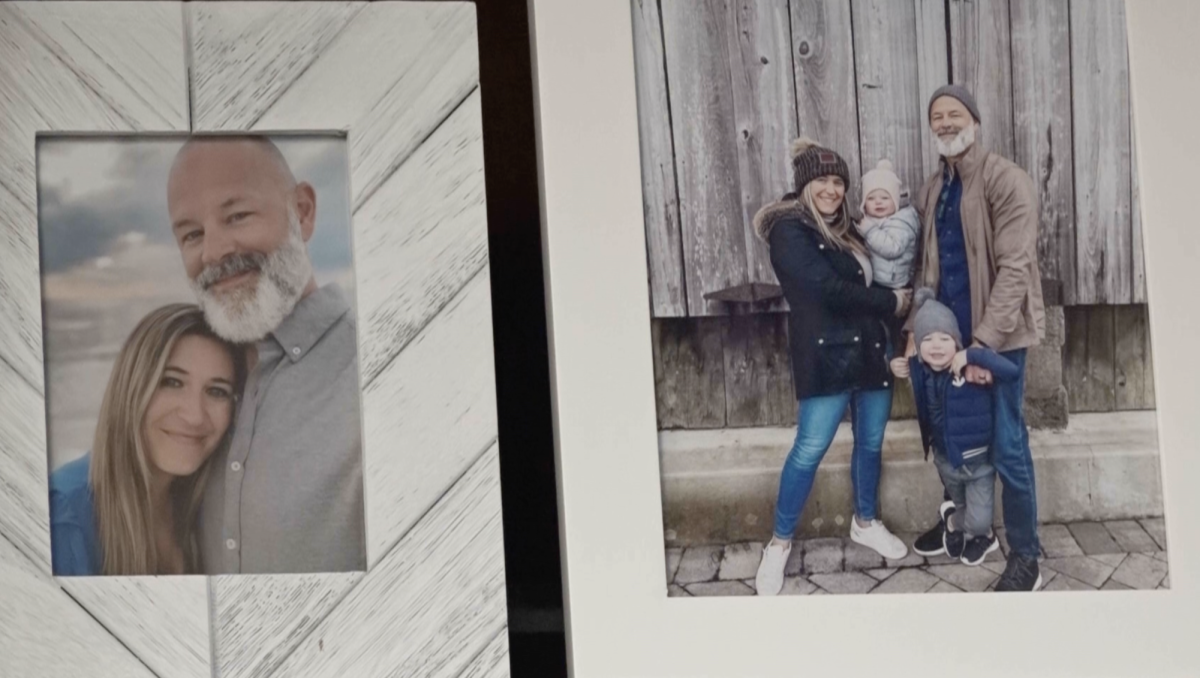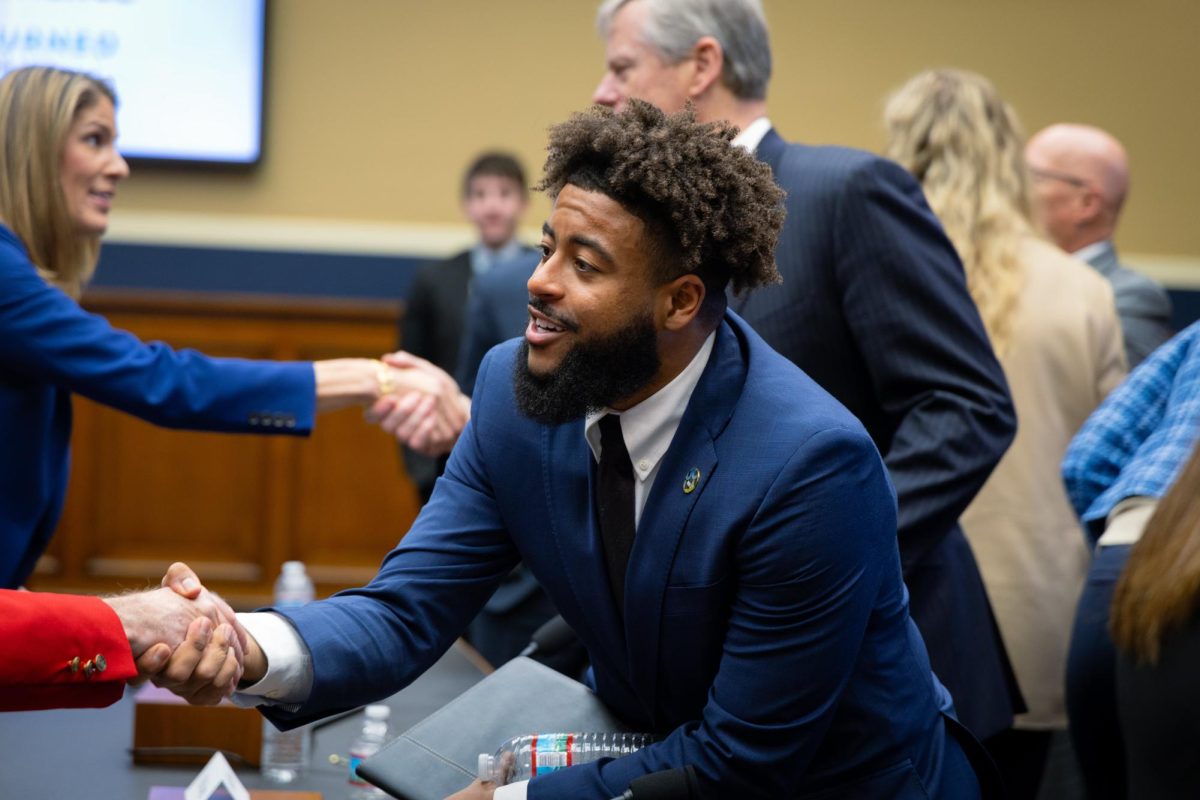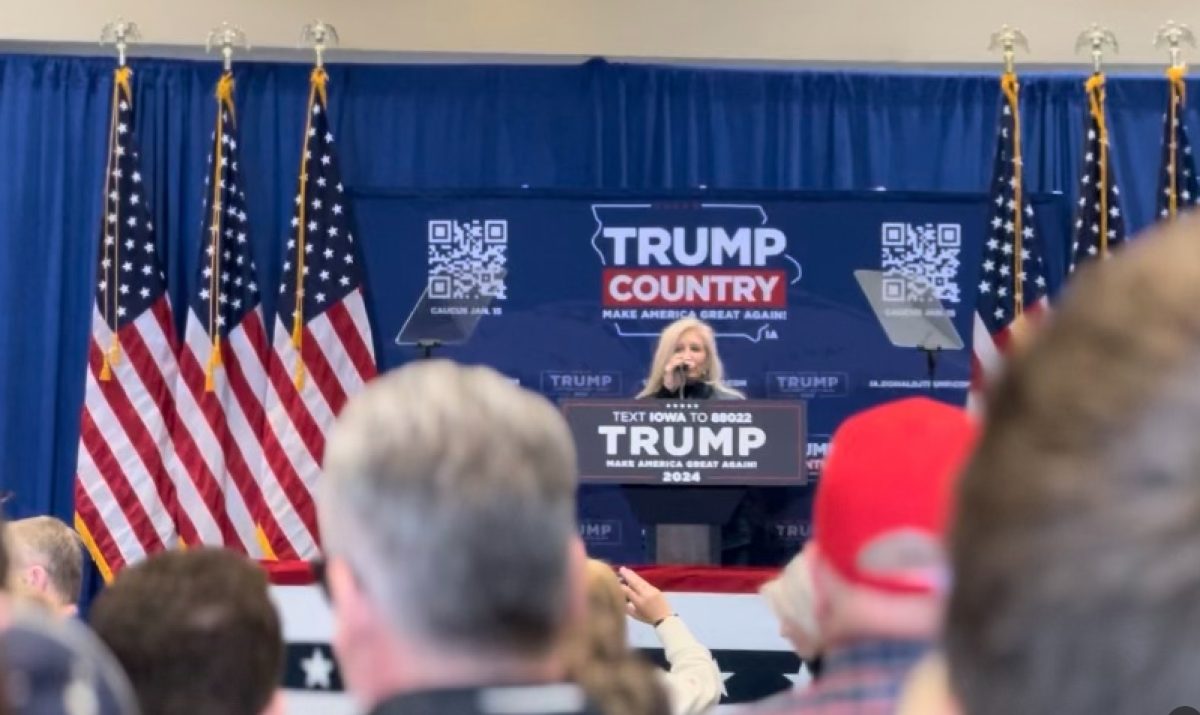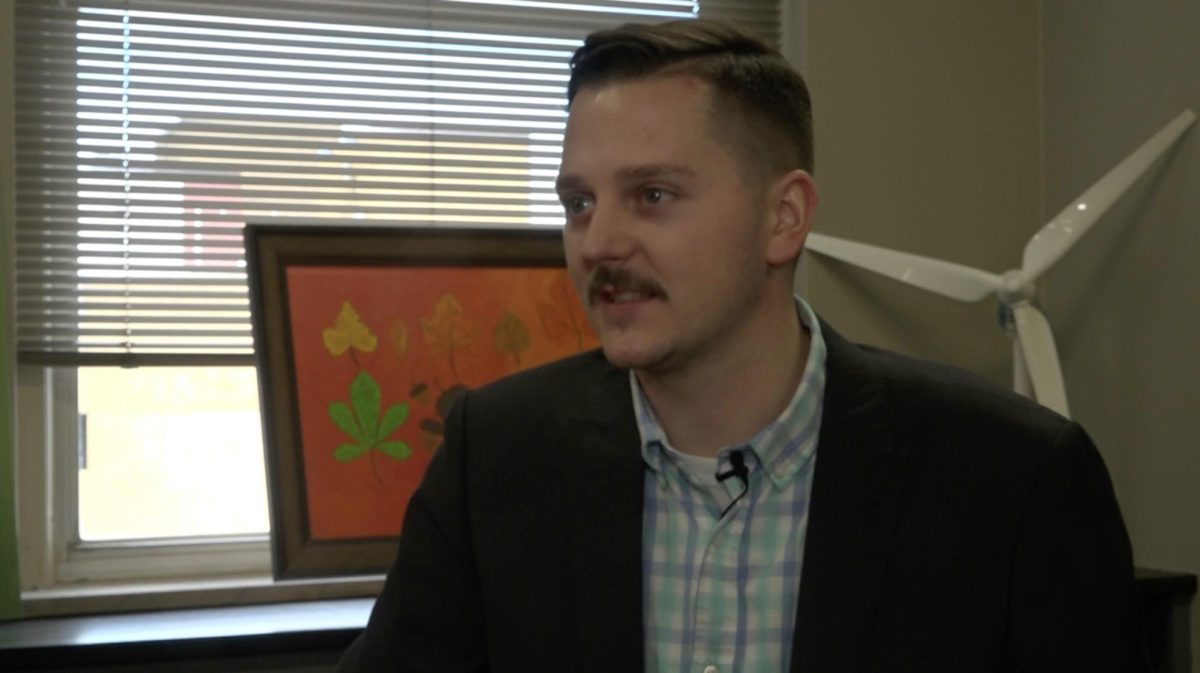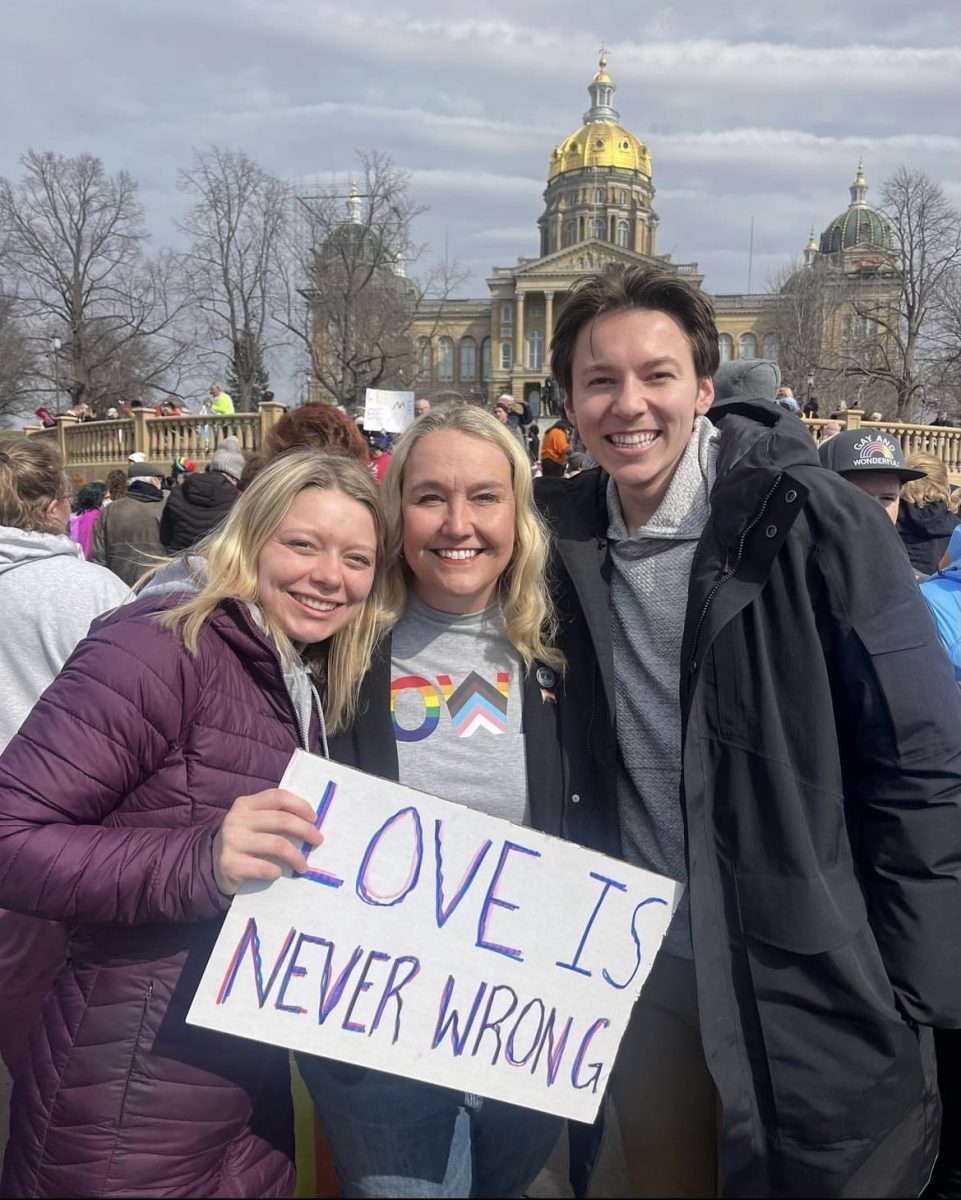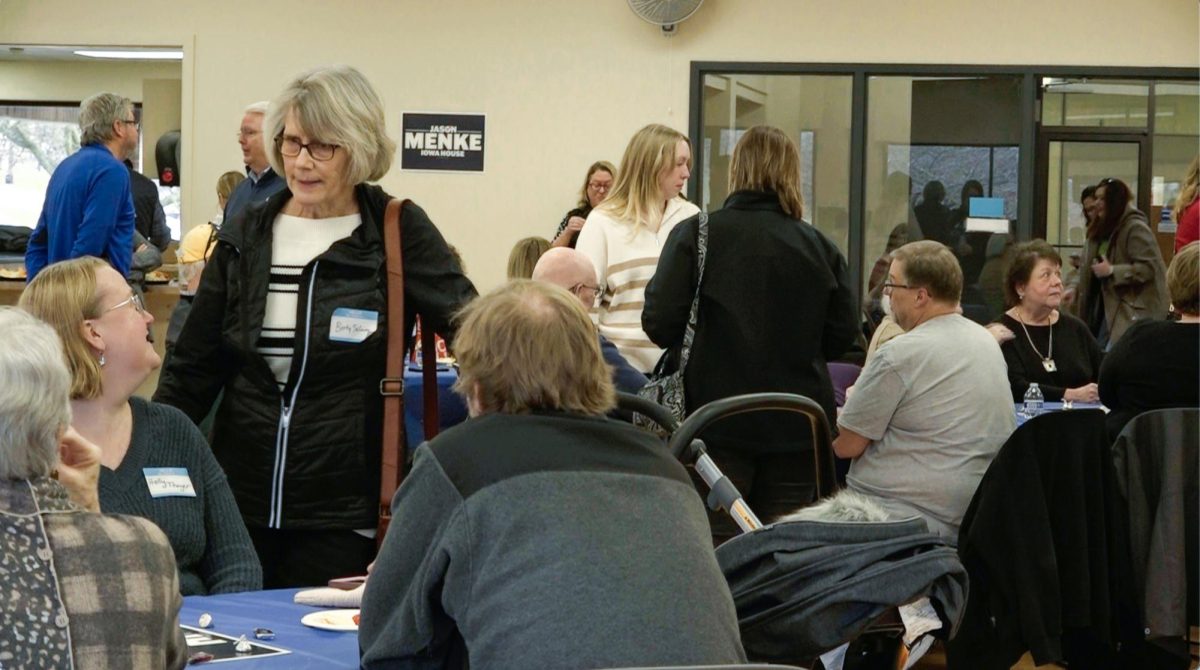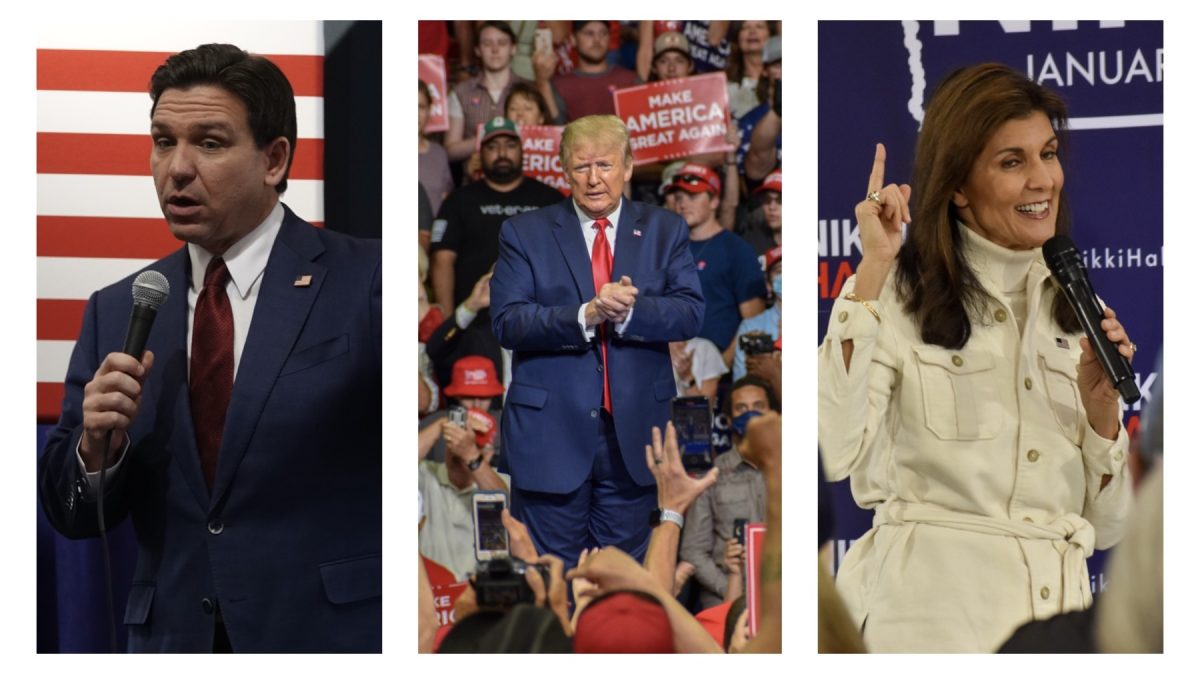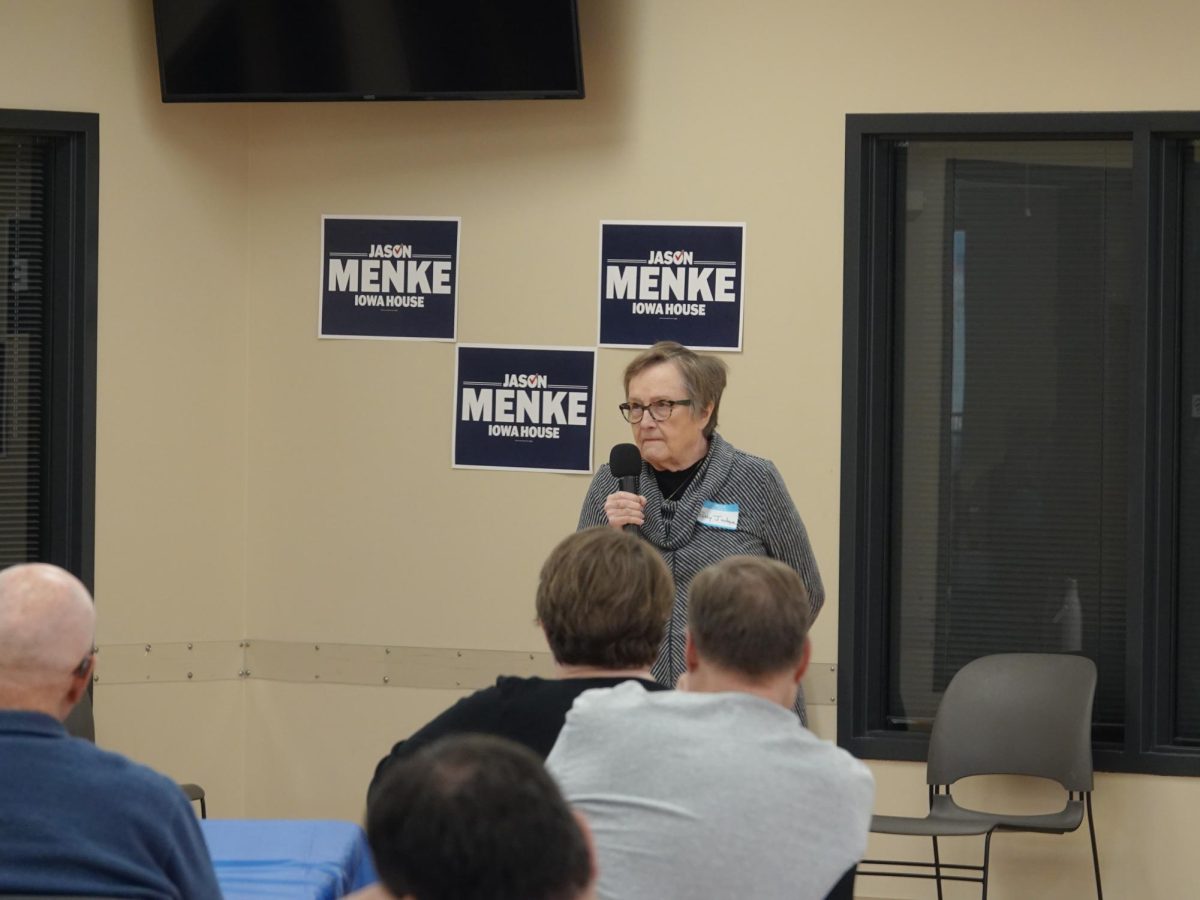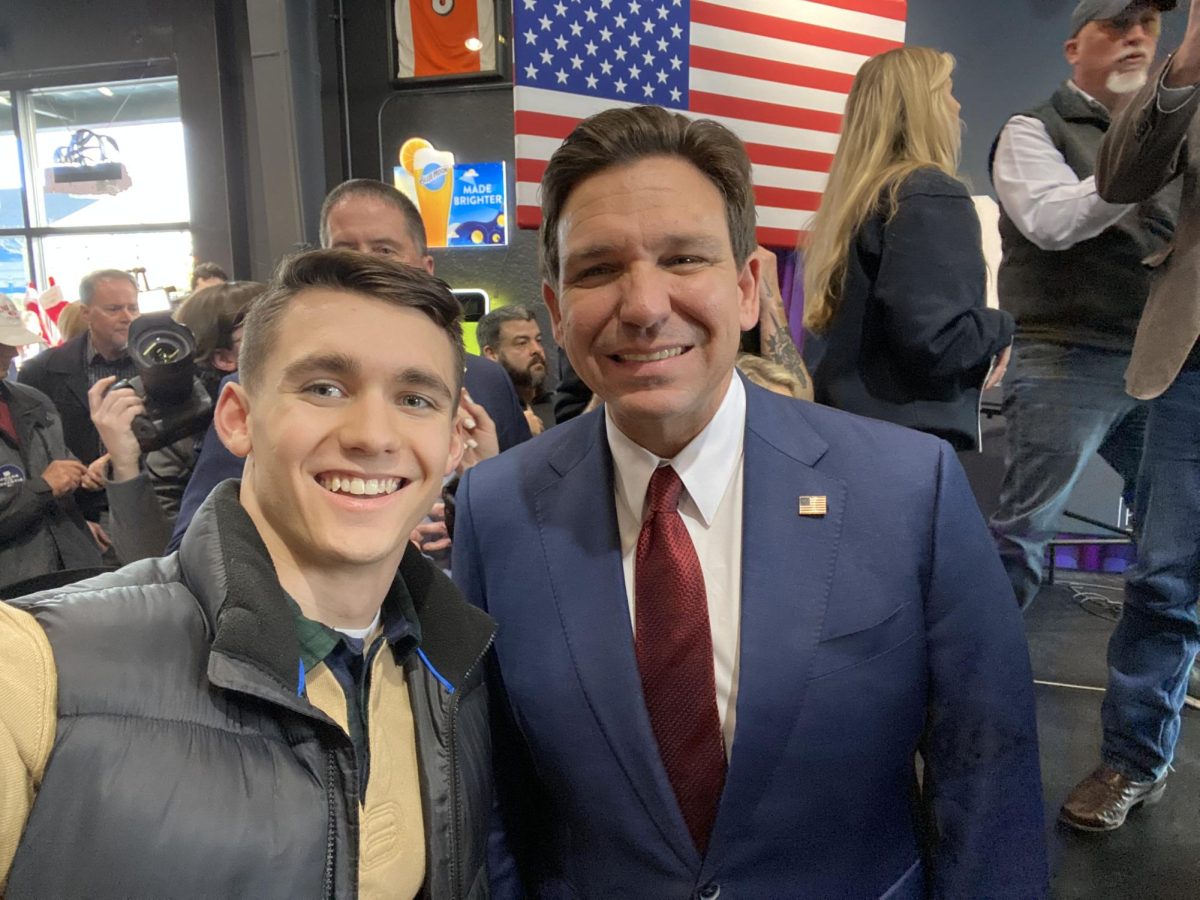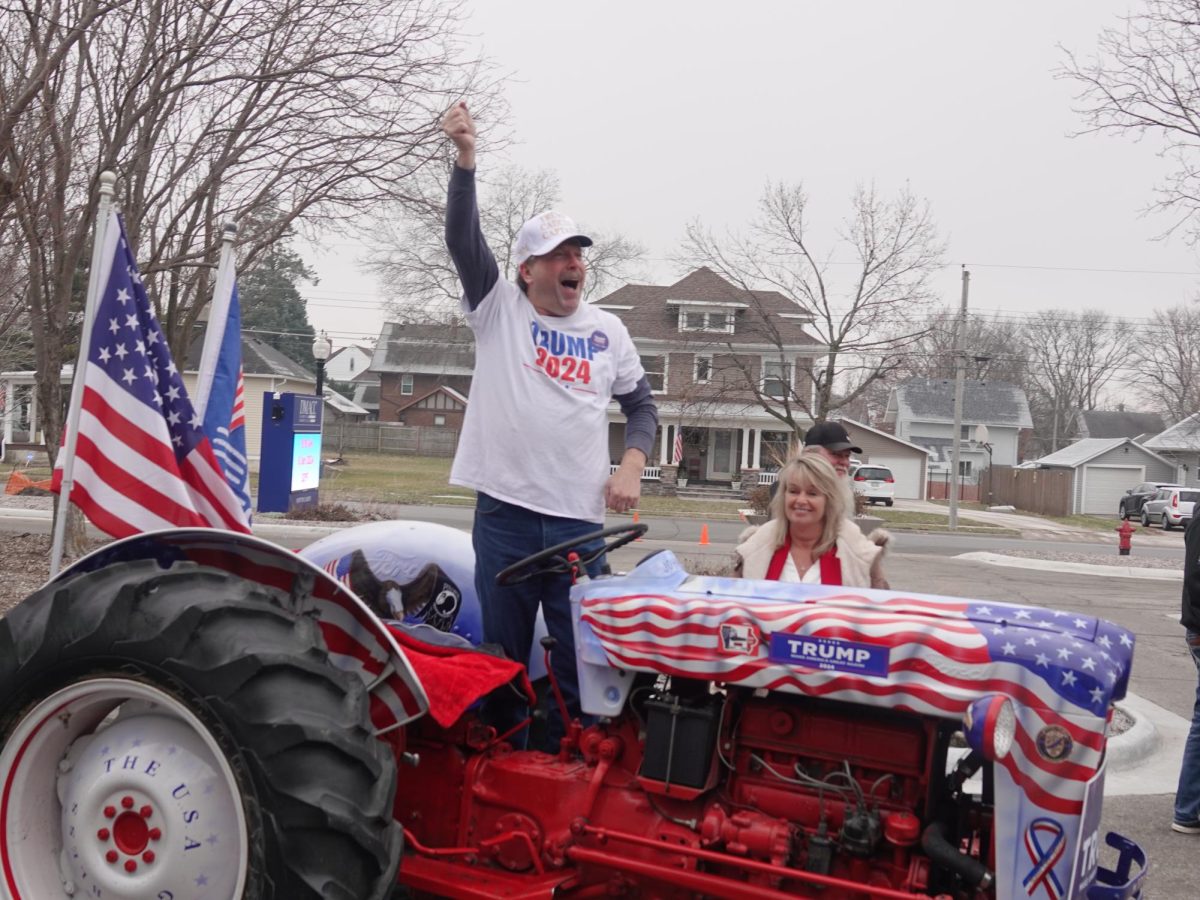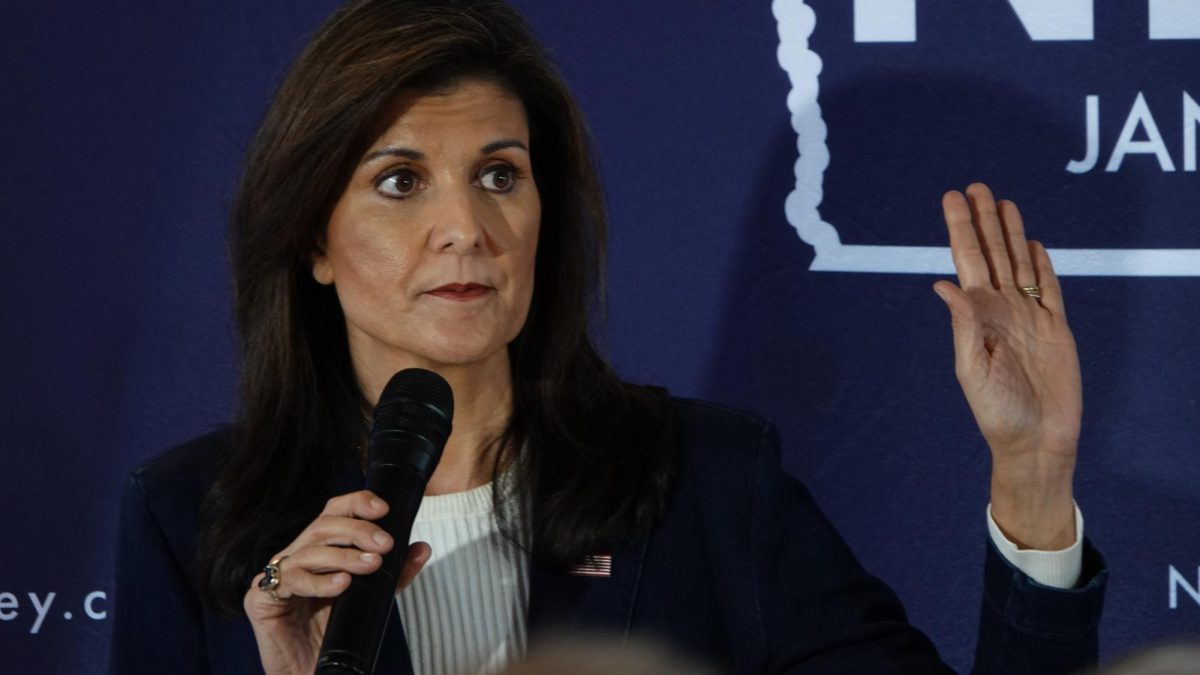STORM LAKE, Iowa — Latino voters across Iowa and the nation say they are being left out by political campaigns leading up to Monday’s first in the nation Iowa caucuses and the primaries on the Road to the White House.
Despite being a growing portion of voters, many Latinos, who will make up 14.7% of eligible voters this year, say they feel ignored, discouraged and powerless.
Politicians instead focus on middle-aged white voters despite Latinos being a growing portion of the population, Latinos and their supporters say.
“They’re continuing to fight for that small percentage of white older voters.” Joe Henry, longtime Latino labor activist, said.
The lack of outreach, coupled with a lack of time has become a serious issue for Latino voters.
“My life is really busy overall, with everything that I do,” said Jacqueline Zapata, an English language learning teacher at St. Mary’s Catholic School here.
“When I hear stories about politics, I don’t believe what comes out of their mouth. Because they don’t always have the full power to make the changes that they are saying that they will do. I feel like sometimes they can be biased too.” she said.
In addition to teaching, Zapata has three kids, is pursuing a master’s degree and launching a beautician business leaving her with little to no free time.
A lack of time is an issue that affects many in the Latino community. A high percentage of Latinos in Iowa work in blue collar industries such as farming, meat packing and construction. Due to the time consuming and stressful nature of the industries many of them simply do not have time to research politics and policy.
“For me personally it’s just the time, I don’t have time to do research and be learning more.” Zapata said.
Even when candidates court them for their vote, pessimism has taken hold of Latino voters who believe they are being used just to be forgotten once politicians take office. Such pessimism has helped feed the feeling that their votes don’t matter.
“Sometimes people don’t vote because they think that they only use them for the vote, and then they forget about us.” Iowa resident Veronica Reyes said.
On caucus night, Latino turnout is expected to be low. Individuals, such as Henry, say most Latinos do not trust Republicans, while the rest don’t see a reason to participate as they see the caucus as an inside game for the white community.
Despite a negative view of politics in the Latino community, Henry believes if candidates learn how to interact with Latino voters, they will be very influential in the future.
Henry believes if politicians were to meet the community on the ground by reaching out, talking to and shaking hands with Latino voters, the trend of disenfranchisement could reverse. He thinks diverse grassroots political campaigns such as Bernie Sanders’ in 2016 and 2020 should be looked at as an example of how to engage and mobilize the Latino community.
“Do what Tio Bernie did.” Henry said. “When Bernie Sanders ran in 2016 and 2020 there was a large mobilization of the Latino community here in Iowa.”
Henry says if politicians don’t begin to meet the people where they are, nothing will change.
“When we don’t reach people face to face that pessimism exists.” Henry said.
“I think the Latino community is a sleeping giant.” Henry said. “What it’s going to take to mobilize us is just the old-fashioned way of reaching out face to face. I think that is what it’s going to take. The campaigns have to change.”
Gaylord News is a reporting project of the University of Oklahoma Gaylord College of Journalism and Mass Communication. For more stories by Gaylord News go to GaylordNews.net.

